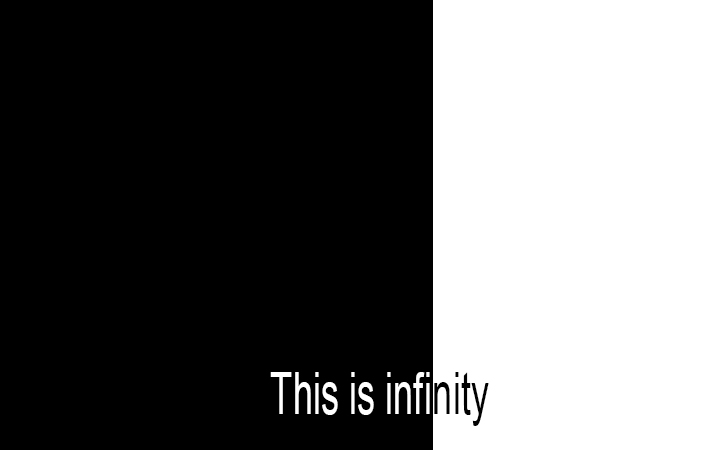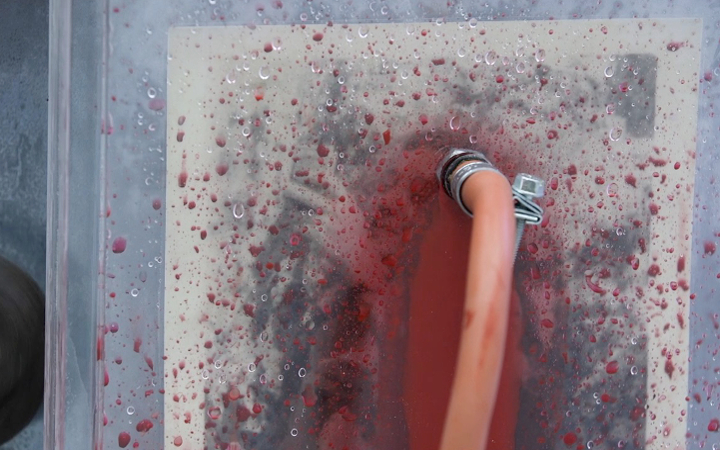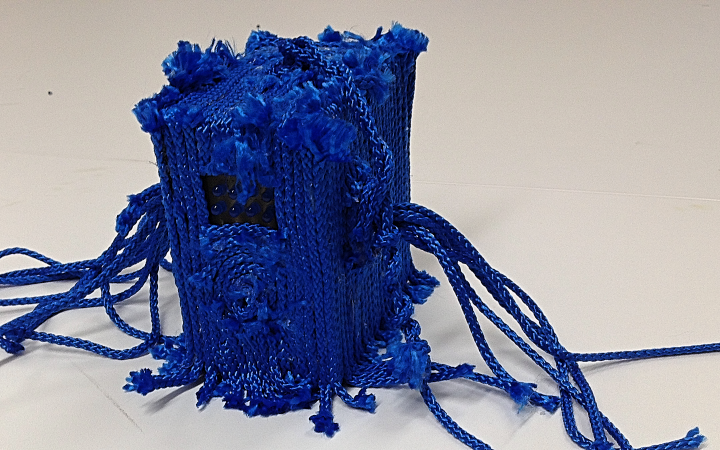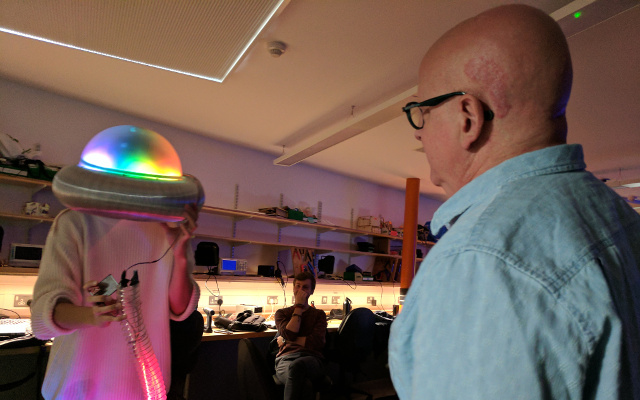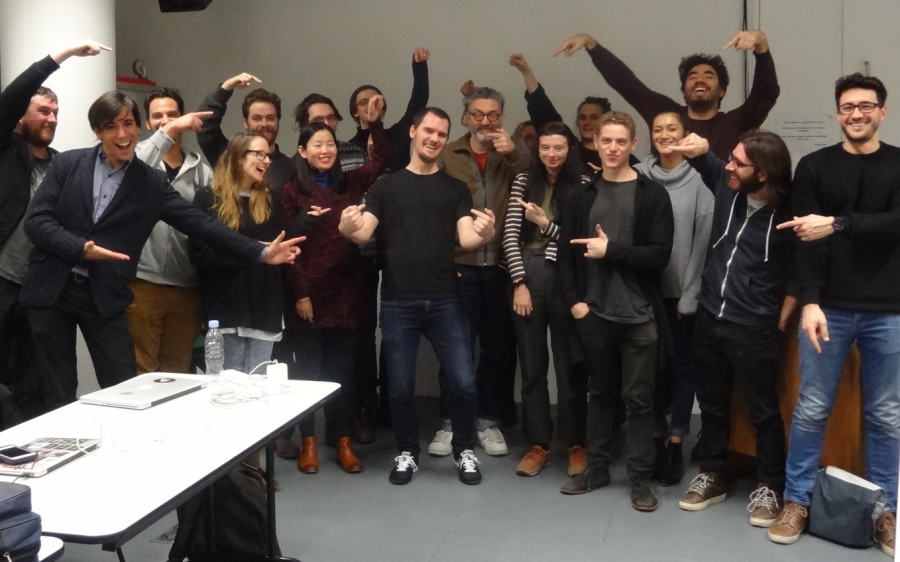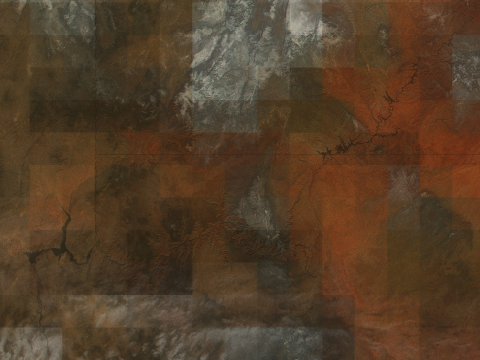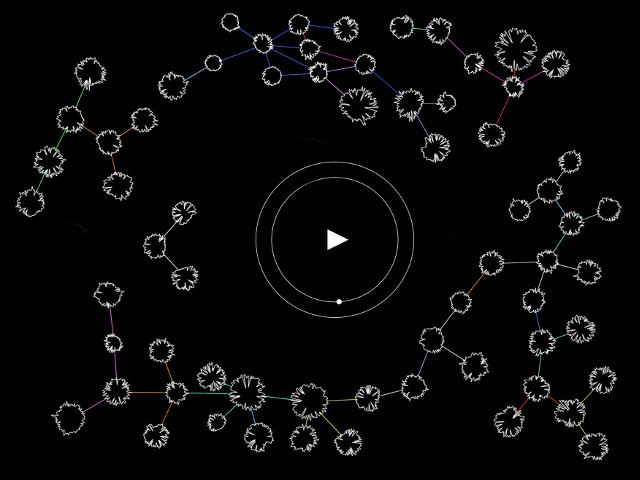REDUCE, REUSE, RECYCLE
One of the biggest issues with the ocean is completely out of sight and out of mind. This project, essentially, is an environmental issue. When you look at our planet, it’s unique in the known universe, because we’ve got an ocean that is the source of life, it controls everything, including the climate, the oxygen we breathe.
produced by: Qike Shi
The importance of corals to the ocean
In 2017, the Great Barrier Reef experienced unprecedented mass bleaching of corals, where over 90% of reefs exhibited bleaching. Mass bleaching that results in widespread coral mortality represents a major disturbance event for reef organisms, including reef fishes (Hughes et al., 2017, 2018b). Coral reefs support some of the most biodiverse ecosystems on the planet. Thousands of marine animals depend on coral reefs for survival, including some species of sea turtles, fish, crabs, shrimp, jellyfish, sea birds, starfish, and more. Coral reefs provide shelter, spawning grounds, and protection from predators. They also support organisms at the base of ocean food chains. As reef ecosystems collapse, already at-risk species may face extinction.
What causes coral bleaching?
The cause is, unequivocally, global climate change, driven by emitting carbon into the atmosphere. (Richardson et al. 2018). Lots of people don’t realize climate change is happening, because most of the extra heat trapped by greenhouse gases has been transferred to the oceans. When people burn fossil fuels, carbon dioxide goes up into the atmosphere. Carbon dioxide has the property that it’s able to trap heat. So, the more carbon dioxide has in the atmosphere, the greater the amount of heat trapped by the earth. The 93% of the heat that’s trapped is going into the ocean. If the oceans weren’t doing this job of absorbing the heat, the average surface temperature of the planet would be 122 Fahrenheit. There are rates of change going on in tropical oceans, which, if projected forward. It means that coral reefs are a likely casualty of any global climate change.
Ecosystems are destroyed by human activities. Do we need corals? Do we need oceans? Do we need to breathe or can we just sort of live in the ashes of all of that? If we can’t save this ecosystem, are we gonna have the courage to save the next ecosystem down the line?
Ocean Killer
- Global Climate Change
"Taken as a whole," the IPCC states, "the range of published evidence indicates that the net damage costs of climate change are likely to be significant and to increase over time." Humans—more specifically, the greenhouse gas (GHG) emissions we generate—are the leading cause of the earth’s rapidly changing climate.
Burning fossil fuels is the cause of global warming. When we burn oil, gas, and coal, we release the stored carbon dioxide into the air. Almost all plastics are made from chemicals that come from the production of planet-warming fuels (gas, oil, and even coal). Our reliance on plastic, therefore, prolongs our demand for these dirty fuels. People use plastic for temporary convenience, but it's hard to dispose of when they throw it away. Burning plastics in incinerators also releases climate-wrecking gases and toxic air pollution. If not burned, discarded into the ocean, resulting in more serious marine pollution.
- Marine debris
Marine debris, including plastic, paper, wood, metal, and other manufactured goods, can be found on beaches and deep in the oceans around the world. About 60 to 80 percent of ocean debris is made up of plastic (Rios et al., 2007), and the Marine Conservation Society's Waste-Free Marine Alliance estimates that 8 million metric tons of plastic enter the ocean each year. About 80 percent of marine debris comes from land and another 20 percent, with about 636,000 tones of ocean-going vessels coming each year (Commerce Department 1999: Ramirez-Lodra et al., 2011). Cruise ships account for only 1 percent of marine vessels but produce about 25 percent of their source waste: on average, one cruise ship passenger produces 3.5 kg of waste per day (But 2007).
This made “chasing ocean” simulate the marine debris, hoping to arouse everybody’s common concern.
A calamity of enormous proportions will be coming if we don’t do anything. However,most people oblivious to it.
Reduce, Reuse, Recycle
We cannot stop waste production entirely, but everyone can make a significant contribution. The 3 'R's – Reduce, Reuse, recycle – are all about minimizing the amount of waste we produce, reusing products as much as we can, and remembering to recycle any materials that can be used for a new purpose.
Dr. David Wachenfeld, the chief scientist at the Great Barrier Reef Marine Park Authority, told Guardian Australia: “My greatest fear is that people will lose hope for the reef. Without hope, there’s no action. “It’s not too late to turn this around with rapid action on emissions,” he said. “But business-as-usual emissions will make the Great Barrier Reef a pretty miserable place compared to today.”
So, I design an APP named “Saving coral” that you need to invite friends to use, the purpose of this machine to get more people into environmental activities. I need to emphatic that Coral bleaching does not mean death. The two- or three-month bleaching process will take ten years to recover.
You and your friends need to adopt a bleaching coral in the “Saving Coral” APP. Your job is to recover the coral. How to recover them? You and your friends need to record daily environmental activity (REDUCE, REUSE ABD RECYCLE).
Reference list:
[1] Carrigan, A. and Puotinen, M., 2014. Tropical cyclone cooling combats region-wide coral bleaching. Global Change Biology, 20(5), pp.1604-1613.
[2] Devlin, M., McKinna, L., Álvarez-Romero, J., Petus, C., Abott, B., Harkness, P. and Brodie, J., 2012. Mapping the pollutants in surface riverine flood plume waters in the Great Barrier Reef, Australia. Marine Pollution Bulletin, 65(4-9), pp.224-235.
[3] Eakin, C., Sweatman, H. and Brainard, R., 2019. The 2014–2017 global-scale coral bleaching event: insights and impacts. Coral Reefs, 38(4), pp.539-545.
[4] Green Energy & Environment, 2017. Green energy for green future. 2(2), p.65.
[5] He, G., Pan, Y. and Tanaka, T., 2020. The short-term impacts of COVID-19 lockdown on urban air pollution in China. Nature Sustainability, 3(12), pp.1005-1011.
[6] Rolfe, J. and Gregg, D., 2012. Valuing beach recreation across a regional area: The Great Barrier Reef in Australia. Ocean & Coastal Management, 69, pp.282-290.
[7] Rolfe, J. and Windle, J., 2012. Testing benefit transfer of reef protection values between local case studies: The Great Barrier Reef in Australia. Ecological Economics, 81, pp.60-69.
[8] Rome, T. and Islam, S., 2020. Environmental effects of COVID-19 pandemic and potential strategies of sustainability. Heliyon, 6(9), p.e04965.
[9] Sarkodie, S. and Owusu, P., 2020. Global assessment of environment, health and economic impact of the novel coronavirus (COVID-19). Environment, Development and Sustainability,.
[10] Smith, T., Glynn, P., Maté, J., Toth, L. and Gyory, J., 2014. A depth refugium from catastrophic coral bleaching prevents regional extinction. Ecology, 95(6), pp.1663-1673.









